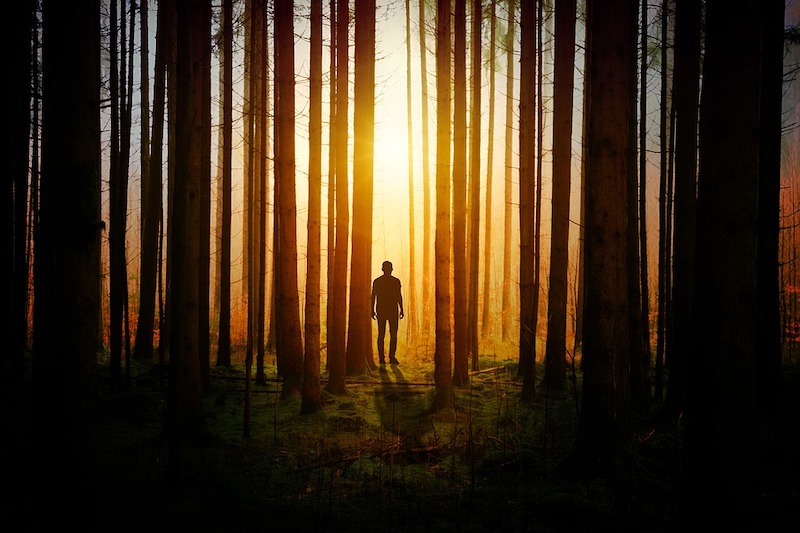The Psychology of Sunshine
-
-
Trevor Harley
How is the summer manifesting in your consulting room? What internal responses should psychotherapists be vigilant about when temperatures are high? Professor Trevor Harley, author of The Psychology of Weather, suggests a complex forecast

One of my favourite films is Spike Lee’s Do the Right Thing. Racial tension rises with the temperature on a scorching summer’s day in Brooklyn. The weather is an actor in the film, worthy as any human of an Oscar. The resulting tragedy is as much its fault as that of the humans it pushes around. Is this idea merely artistic license, or can weather affect our mood, our behaviour, and our physical and mental illnesses?
It’s summer in the moderate northern hemisphere, and what could be better? Hot, humid days. Thundery downpours. Sweaty, polluted days in the city centre. Hot summer nights when you can’t sleep. Light bursting your eyeballs nearly all night long in the north. Crowded roads and road rage on the way to the beach. Surely the sap is rising and we feel good?
Unbelievably, not everybody loves summer. I had a friend who detests the sun: while the rest of us would be out in shorts and tees, he would wrap up in black, don a hat and sunglasses, and stay indoors as much as possible. There are very wide variations in what kind of weather we prefer, and these individual differences are thought to be behind one of the more surprising findings in the study of the effects of weather on our psychology, the failure to find strong systematic effects between weather and mood. You only have to think about the range of temperatures people prefer indoors to see that individual differences govern our behaviour.
These considerations help us to make sense of a complex research literature. It might seem obvious to most people that our mood is better on warm sunny dry days, and worse on cold cloudy wet ones, but the data are inconsistent, with the largest and best conducted studies failing to find any significant positive correlation between weather and mood. The explanation lies in these individual differences: to know how the weather affects a person’s mood you need to know what kind of weather the person likes.
There are other possible environmental affects on mood and behaviour. The existence of seasonal affective disorder (SAD) is now widely accepted, and listed in DSM as mood disorder with seasonal variation. If people feel worst in the dark days of winter, we would naturally expect seasonal rates of suicide to peak in the winter months, or very soon after the winter solstice, the darkest day, right? Wrong. There is seasonal variation in the annual suicide rate but the peak is in late spring and early summer. The reasons for this delay between darkest day and peak suicide rate are not well understood, although there are several speculative hypotheses, including seasonal hormonal variations and the possibility that people only act when conditions are improving.
As we see in Do the Right Thing, the weather affects crowd behaviour too. Riots happen more frequently in summer. Again there are many possible reasons for this relationship, but we do find a correlation between temperature and violence, with more crime happening when it’s hot. The relationship isn’t a simple one, however, and as I sit here sweltering away in a heatwave its easy to see why. When it gets too hot people are too exhausted to do anything other than sit and suffer.
We are not yet in a position to be able to provide definitive advice about what we should do with regard to the weather, seasons, climate, therapy, the risk of mental illness, and harm to self and others. But because a relationship is complex it doesn’t mean we should ignore it. We know enough to know that some conditions should make us more vigilant.